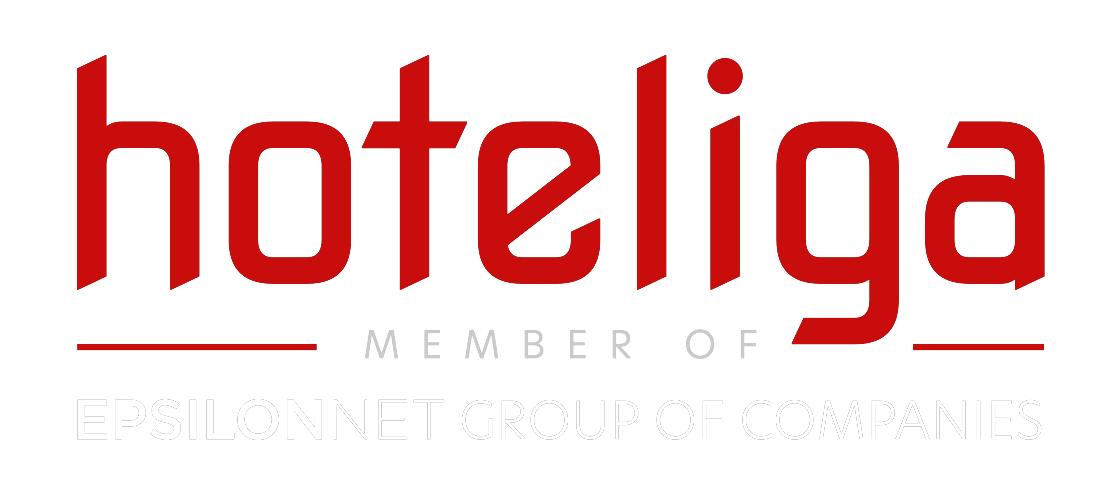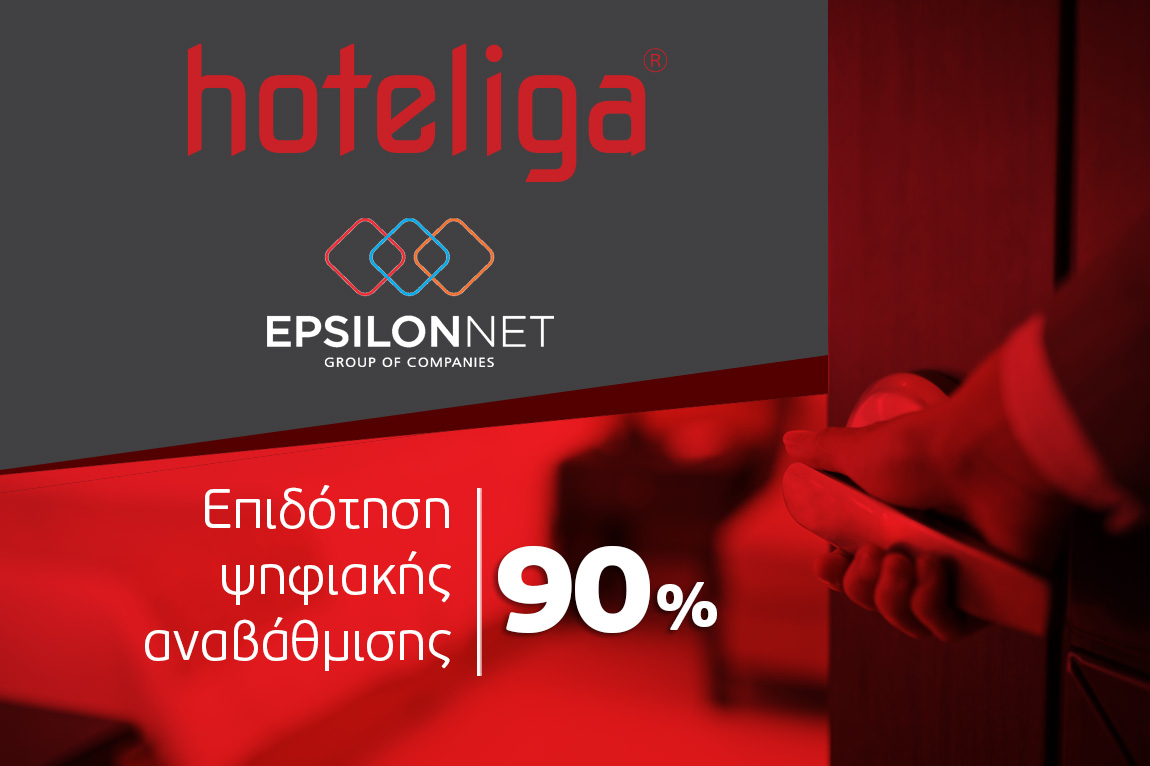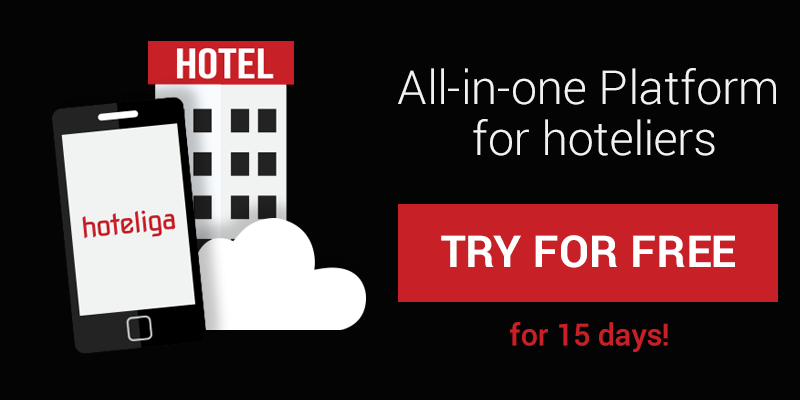
How to forecast revenues on your hotel
Forecasting future revenues is the Holy Grail for any business - opening up many new sales opportunities. Simple tweaks and adjustments to pricing can have a huge impact on income and profitability. The use of revenue forecasting software is now common practice. These software packages will compare and contrast huge datasets, spotting trends and opportunities to maximise income. We will now take a look at the various factors associated with forecasting revenues for hotels.
Maximising the benefits of revenue management
Commercial airlines were the first to introduce revenue management into their everyday business strategies. The idea of offering discounts to tickets bought 21 days in advance of flying was a masterstroke. This allowed the opportunity to increase prices near take-off date. The idea was simple, once flight costs were covered by early ticket revenue the rest was pure profit. Many industries have subsequently adopted revenue management techniques, with particular benefit to hotels. In the words of Patrick Landman, Xotels:
“Revenue management is selling the right room to the right client at the right moment at the right price on the right distribution channel with the best commission efficiency.”
Making revenue management work for your hotel
There are numerous ways to book a room in a hotel. The Internet, via agents, package holidays, weekend breaks and directly with the hotel. Each of these business channels will have very different characteristics, which need to be micromanaged to maximise income. Something as simple as an online booking service can be extremely efficient. Bookings can be made 24/7; staff time is freed up to do other things and automatic collection of payments/deposits assists with cash flow.
The best way to look at revenue management is as a jigsaw. The full benefit is only available when all of the pieces come together.
Monitoring your competition
Monitoring local competition is very important, although not necessarily always a race to the bottom. Hotels in your area will set the perception of “the right price” for consumers looking to book a room. In many ways this is an information exchange, all competition pricing is entered and a baseline created. Whether you go “chasing” business at low levels is something each business will need to consider. Does it fit with your target market? Are you comparing apples and pears? Will it cheapen your brand?
Value Management
There is no doubt value management is an integral part of any revenue management strategy. Comparing the value end of the market against the luxury end of the market is akin to comparing apples and pears. This is where hotels need to get the message across to customers, who they are, what they offer and what makes them different. For example, a value hotel chain will not have the same running costs as a luxury hotel chain. It is important to be competitive but also manage your customer expectations.
Real-time responses
One of the main benefits of modern revenue forecasting software is the ability to work in real time. Rules and alerts are not set in stone; there is great flexibility and the opportunity to respond to sudden market movements. For example, local competitors will immediately increase their prices on confirmation of a high-profile music concert in the area. The ability to book days, weeks or months in advance is very useful for cash flow forecasting. However, if you fail to react to real-time events you could be flooded with future bookings at the “wrong” price. In many ways the hotel industry is unique. Pricing, room yields and booking trends can be controlled internally to a certain extent, but much depends on external events. The key is to monitor, consider, react and look to maximise room pricing and customer expectations – sometimes in a split second.
Routine and habits are important
The routine and habits of staff are as important as the routine and habits of customers. Constant monitoring of competitors, reacting to local events and tweaking pricing/availability should be second nature. As many hotels are finding out, forecasting revenues is an ongoing real-time activity which will shape their business. The key to any business is to be preemptive rather than reacting after the event. This allows you to maintain control of your pricing and service offerings. Rather than chasing your competitors, you are out there in the lead pack.
Managing account yields
From the outside looking in, a hotel booking system is relatively simple. You ring up, inquire about a day, reserve the room and leave a deposit. As we touched on above, there are various business channels to consider. There are also different types of accounts which include:
- Direct accounts
- Corporate accounts
- Wholesale accounts
All business channels are to a certain extent impacted by seasonal issues, but competition is often the main driver. Therefore, it is important to compare and contrast current account trends with historic patterns. Perhaps you are a little less competitive online? Is a local competitor undercutting your corporate offering? Do you need to adjust your commission payments to wholesale business providers?
Each decision you take should be based on maximising business and also maximising profitability. As they say:
“Turnover is vanity, profit is sanity”
There is nothing wrong with introductory offers and promotions, but constantly seeking to be the cheapest in the sector has its own dangers.
Market trends
Market trends are another external factor which need to be considered, but are outside the control of hoteliers. There are numerous different types of market trends including:
- Local, national and international economic trends
- Constantly changing consumer trends
- Improvement/decline in local facilities
- Changing seasonal focus
A prime example would be the economy. If you depend upon corporate activity, this may well decline in times of economic hardship. On the flipside, a booming economy may well see an increase in corporate expenditure. The Internet is another example. Originally discounted by many in business, the Internet is now the main platform from which many hotel booking enquiries originate. Whether this is via direct bookings or third parties, we have seen a huge change in consumer activity.
Local events
Sporting events, music concerts or even a party political conference, local events have a huge impact on hotel accommodation availability and pricing. There may well be opportunities to block book rooms for high attendance events, such as party political conferences. Some hotels will create bespoke packages including accommodation, food, private meeting facilities and office services. Taking a forward-thinking approach to local events has proved to be extremely lucrative. Staying one step ahead of your competition, offering bespoke packages and competitive pricing, can make a huge difference.
The beauty with bespoke packages, as one example, is the fact they can be difficult to compare and contrast with other hotels. You are the price, the leader and out there on your own. Many businesses discount the value of add-ons. However, these can be extremely useful when looking to attract multiple types of clients.
Customer loyalty
Very often customer loyalty is undervalued and under-appreciated. Constantly increasing your marketing expenditure, while failing to service existing clients, is a route to failure. It is just as important to maintain existing clients as to attract new ones. Customer loyalty can take many years to build but just a few moments to dismantle. Track customer patterns, trends and changing consumer demands. Maintain regular contact with those who have used your facilities in the past and reward them with special offers. Remember, an existing customer requires no external marketing expenditure – but you need to retain their loyalty.
History does repeat itself
We often talk about trends in the worlds of business. Current trends, future trends but many of us discount historic trends. This despite the fact we know history repeats itself, time and time again. Looking back over historic trends, previous events can often help maximise future income. It is therefore very important to look at past data, crunch the numbers and use this to predict trends. Data management is now an integral part of all business activities across the globe. The past really can be the key to the future.
Don’t lose touch with clients
It is very easy to focus on analytics, trends and end up crunching numbers 24/7. While the impact of number-crunching can be huge for your business, don’t lose touch with your clients. The Internet has changed the world today. There is information to hand 24/7. However, much of this is impersonal, robotic and cold. As and when your clients need to speak with somebody, go through an enquiry or discuss any issues, you should be there. What customers see from the outside looking in may not have changed - pricing, promotions and marketing techniques have. It is important that you don’t lose that personal touch!
Summary
It was back in the 1980s when American Airlines began using revenue management software. The ability to pre-sell discounted tickets, covering flight costs months before the event, allowed last-minute price hikes. Who could have guessed the huge impact this would have on many businesses of today. Maximising your income/profitability while maintaining, and in some cases exceeding, customer expectations is the key to success. While current and future trends are very useful, historic data is also important as history does repeat itself. Successful hotel businesses are proactive rather than reactive, leading where competitors follow.
Author: Arianna Lupi











